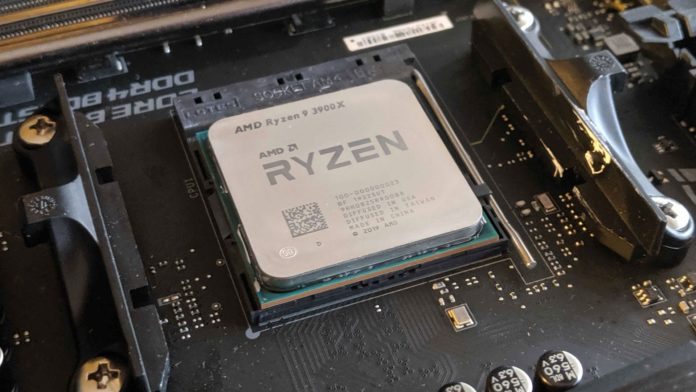A while back, we had reported that Userbenchmark has updated their CPU ranking algorithm that gives only 2% importance to the multi-core performance, severely limiting the scores of the AMD Ryzen 3000 processors that have notably better multi-threaded potency compared to the Intel chips. The new algorithm calculates the speed index while making the single-core and quad-core performance amount for 98% of the score and the multi-threaded score responsible for just 2%. This sparked outrage in the AMD community with fans alleging that UserBenchmark was being paid or “sponsored” by Intel as team blue has traditionally had better single-threaded performance, courtesy of a superior IPC. The website has now responded to this controversy as:
Shortly after the Ryzen 3000 release, which we welcomed emphatically, we noticed that our CPU gaming and desktop estimates were unrealistically overestimating CPUs with core counts beyond 8 so we corrected the estimates. Our underlying data points for single, quad and multi-core performance remain unchanged and are clearly visible together with gaming, desktop and workstation scores on each of our product and comparison pages. Back in the days of the AMD FX-8350 our effective speed index was predominantly single-core and at that time we were heavily lobbied with cries of “cores are only getting more and more relevant”. Any professional software developer that has actually tried to write scaleable multi-threaded code will understand that the challenges are both far from trivial and highly unlikely to be overcome during the lifetime of a typical CPU. We frequently tune our effective speed indices to match the latest developments and will continue to do so independently. Presently we are aware that we slightly overestimate the latest batch of AMD 5700 graphics cards but, unsurprisingly, nobody is crying fire and continuously spamming us about that.
If this statement was released a few years back, then it would have made some sense. But these days with low-level APIs like Vulkan and DirectX12 becoming more and more widespread, it doesn’t quite hold anymore. Almost all newly released games support up to 8 cores with some like Ashes of the Singularity benefitting from as many as 16. Even the next-gen consoles will pack octa-core CPUs with as many as 16 threads. Examples of games that benefit from higher thread counts include Far Cry 5, Assassins’ Creed Odyssey, The Division 2, Rage 2, EA’s Frostbite based games such as Battlefield, Star Wars, Andromeda, etc.
I’d say that’s a pretty big list. So, their statement is quite redundant. Furthermore, the Ryzen processors have been out for quite a few years now and I find it hard to believe that it took them so long to “notice” that their scores were unrealistic. What’s even more glaring is that this update comes right after the release of the Ryzen 3000 lineup that comes with a much higher IPC compared to their older Zen & Zen+ relatives while retaining the core counts.
Read more:


